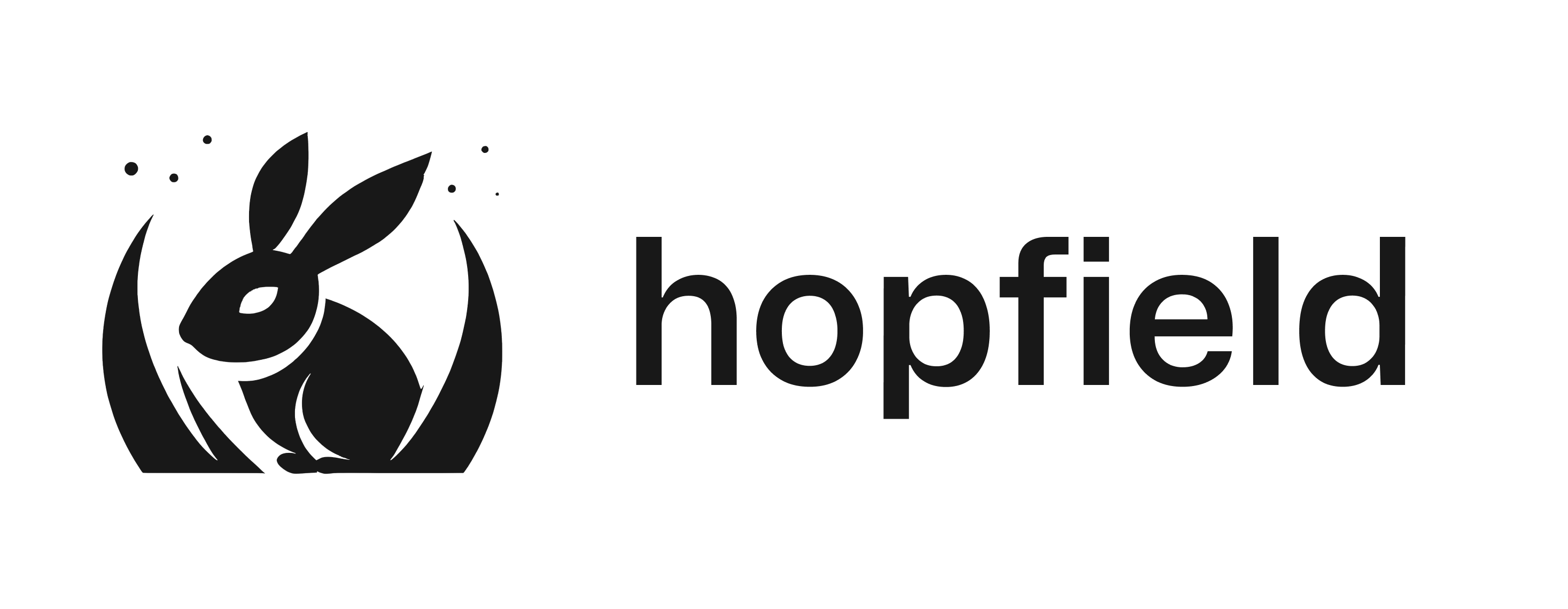Non-streaming chat
Hopfield provides a simple way to interact with chat models. You can use different API providers with type guarantees with Zod.
Usage
Use chat models from OpenAI:
ts
tshop from "hopfield";importopenai from "hopfield/openai";importOpenAI from "openai";consthopfield =hop .client (openai ).provider (newOpenAI ());constchat =hopfield .chat ();constmessages :hop .inferMessageInput <typeofchat >[] = [{role : "user",content : "How do you count to ten?",},];constresponse = awaitchat .get ({messages ,});constresponseType =response .choices [0].__type ;if (responseType === "stop") {constmessage =response .choices [0].message ;}
tshop from "hopfield";importopenai from "hopfield/openai";importOpenAI from "openai";consthopfield =hop .client (openai ).provider (newOpenAI ());constchat =hopfield .chat ();constmessages :hop .inferMessageInput <typeofchat >[] = [{role : "user",content : "How do you count to ten?",},];constresponse = awaitchat .get ({messages ,});constresponseType =response .choices [0].__type ;if (responseType === "stop") {constmessage =response .choices [0].message ;}
Parameters
Model Name
The model name to use for the embedding.
ts
const hopfield = hop.client(openai).provider(new OpenAI());
const chat = hopfield.chat("gpt-4-0613"); const hopfield = hop.client(openai).provider(new OpenAI());
const chat = hopfield.chat("gpt-4-0613"); OpenAI
The default model name is shown below. To override this, you must use a model which is enabled on your OpenAI account.
ts
tsDefaultOpenAIChatModelName } from "hopfield/openai";
tsDefaultOpenAIChatModelName } from "hopfield/openai";
All possible model names are shown below (reach out if we are missing one!)
ts
tsOpenAIChatModelName } from "hopfield/openai";
tsOpenAIChatModelName } from "hopfield/openai";
Response Count
The number of chat responses to be returned (this is usually referred to as n). For all providers, this defaults to 1. This is capped at 20.
ts
const hopfield = hop.client(openai).provider(new OpenAI());
const chat = hopfield.chat("gpt-4-0613", 10); const hopfield = hop.client(openai).provider(new OpenAI());
const chat = hopfield.chat("gpt-4-0613", 10); The response can then be safely used:
ts
tsmessages :hop .inferMessageInput <typeofchat >[] = [{role : "user",content : "What's the best way to get a bunch of chat responses?",},];constresponse = awaitchat .get ({messages ,});constchatCount =response .choices .length ;
tsmessages :hop .inferMessageInput <typeofchat >[] = [{role : "user",content : "What's the best way to get a bunch of chat responses?",},];constresponse = awaitchat .get ({messages ,});constchatCount =response .choices .length ;

